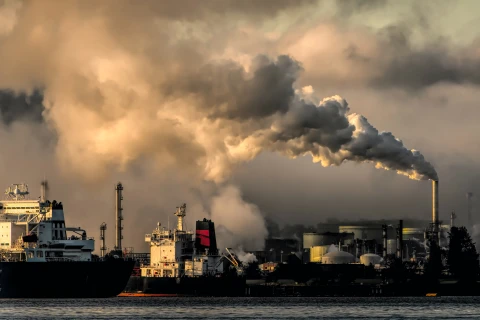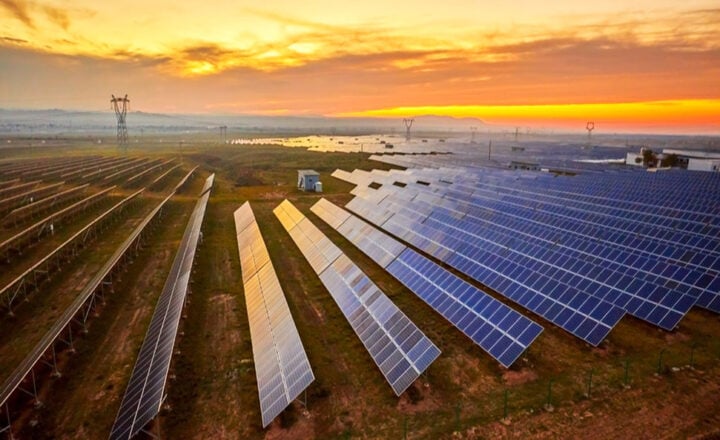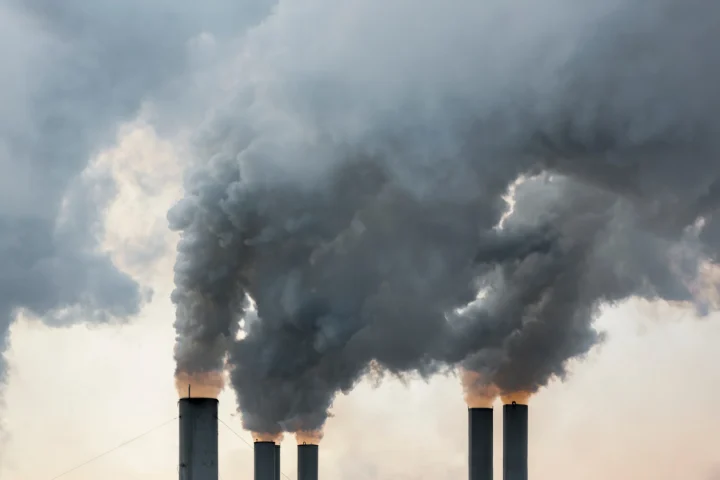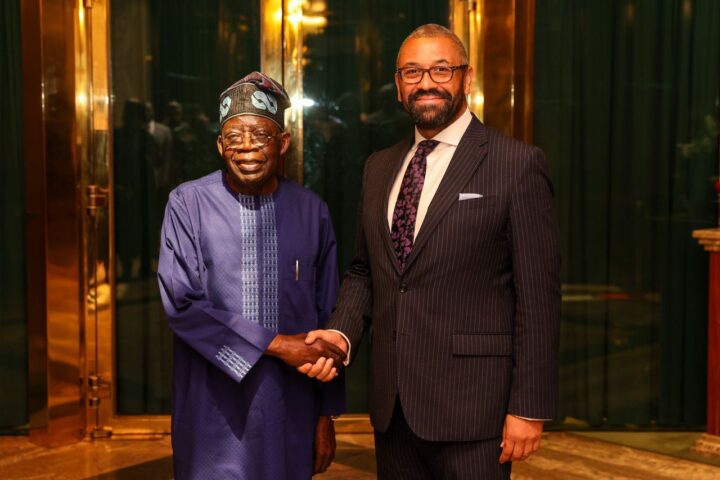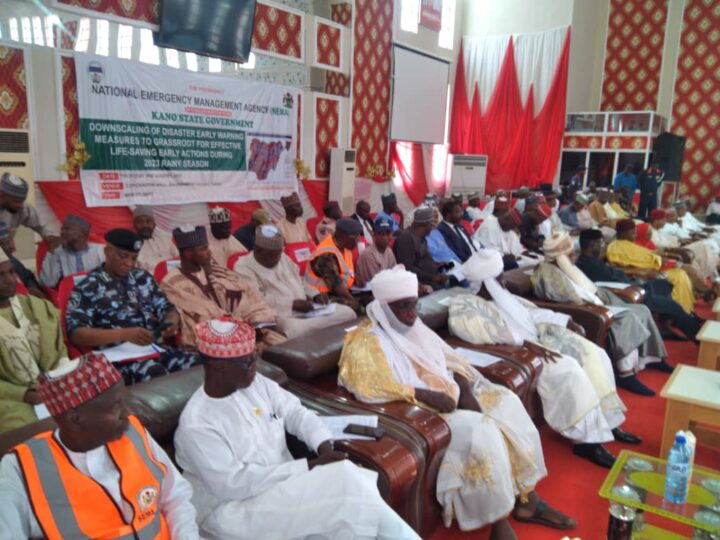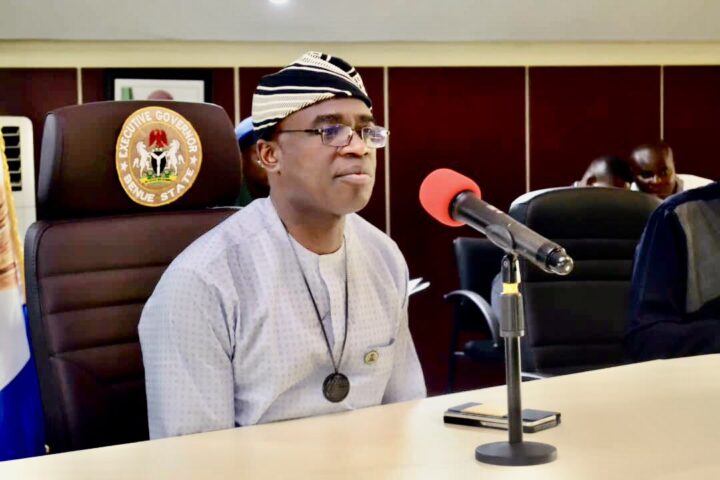Emission from a plant
Despite directly impacting our communities, health, and livelihood, climate-related reports usually take a back seat to dominant news beats like politics and business. Climate Watch aims to ensure you never miss important stories on climate change and actions being taken toward limiting its impact.
Here is a round-up of last week’s climate stories:
- The World Meteorological Organisation (WMO) last week, confirmed July as the hottest month in the history of humanity. The WMO said three days in the month — 5, 6 and 7 — were the hottest days ever experienced, with July 6 surpassing the previous record set in August 2016. Antonio Guterres, UN secretary-general, on July 27, said the world has shifted from the era of global warming to that of global boiling. Guterres said there is an urgent need to accelerate climate action, adding that financial institutions must end their fossil fuel lending and investments and shift to renewables and clean energy. Read more here.
- The National Environmental Standards and Regulations Enforcement Agency (NESREA) on July 24, said it had started classes to create awareness on environmental regulations and increase compliance. The class would involve posting a new regulation every Monday and Wednesday, with a link to where the rule could be downloaded from. Participants are also free to drop their questions in the comments section of the post. Find out more here.
- Last week, the National Emergency Management Agency (NEMA) commenced flood mitigation efforts and distribution of relief materials to disaster victims across the country. Mustapha Ahmed, NEMA director general, said the agency is focused on enhancing the capacity of disaster response in high-risk communities. Ahmed said NEMA will carry out campaign programmes to enlighten vulnerable communities. Read more here.
- The Ijaw Youth Council (IYC), on July 25, said it will no longer condone incessant gas flaring and other hazardous activities by international oil companies (IOCs) in the Niger Delta. Alaye Theophilus, president of the council, said gas flaring and venting have caused severe environmental and health problems in the region for many years. Theophilus urged the government and relevant stakeholders to improve their contributions to the development of the Niger Delta. Read more here.
- The Lagos state government, on July 26, launched the first circular economy hotspot in Africa to promote sustainable consumption and prevent scarcity of resources. Babajide Sanwo-Olu, governor of Lagos, said the initiative aims to promote the concept of repairing and recycling used materials for environmental sustainability. The governor said a deliberate shift from materialisation to de-materialisation is required to sustain resilient socio-economic development in the state. Find out more here.
Add a comment
